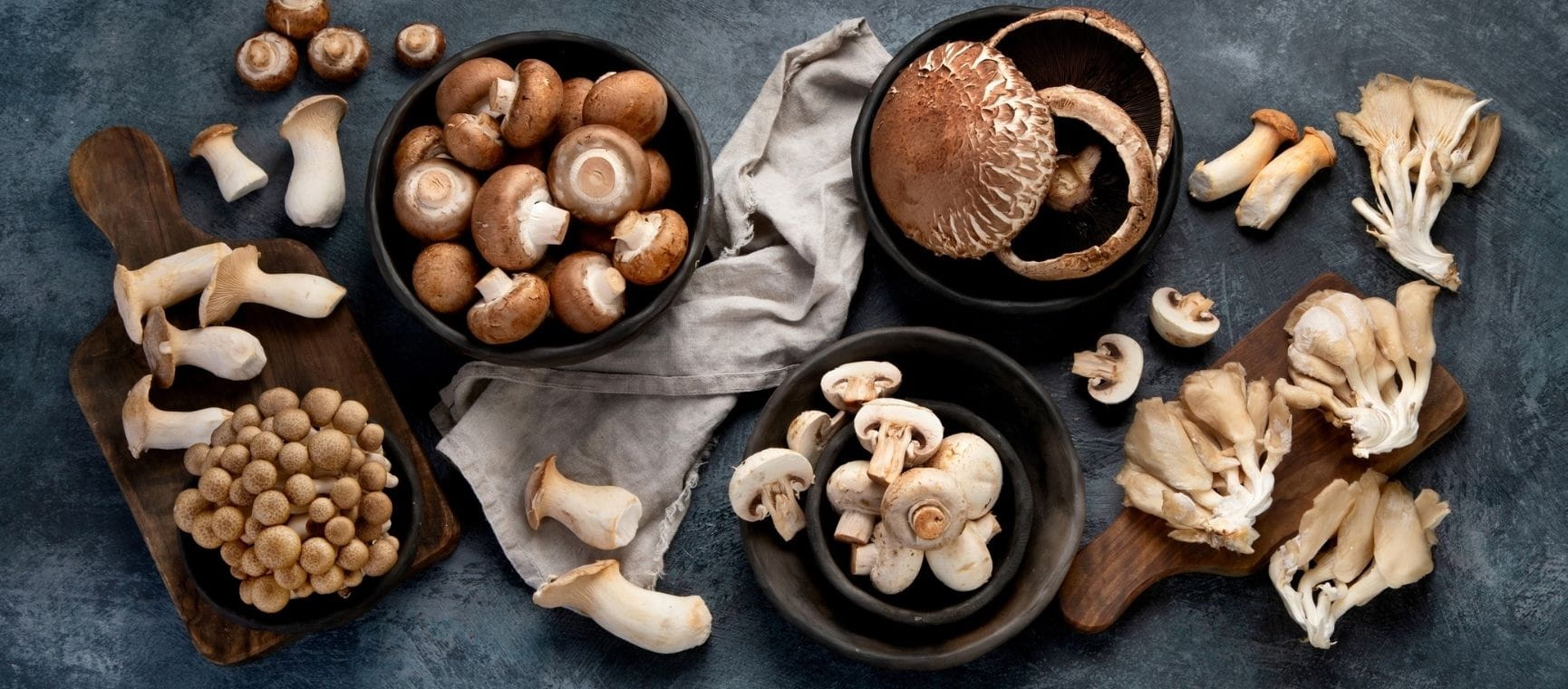
If you've been in a health food shop recently, you might have noticed the growing numbers of mushroom supplements. Lion’s mane is just one example of the so-called "functional" or "medicinal" mushrooms bursting on to the market.
At last count, Holland & Barrett stocked 26 mushroom supplements, powders and tinctures, and the global functional mushroom market is expected to soar to more than $19 billion (about £14.8 billion) by 2030.
The labels promise improved focus, memory, digestion and immunity.
Are they just the latest food fad, or is there scientific heft to the claims?
"Asian cultures have viewed mushrooms as medicine for centuries, and use them alongside modern drugs today," says Sara Rooney, medical herbalist and mycotherapist (the term used for someone who studies the use of mushroom extracts to promote health) and consultant at Adaptogenic Apothecary.
"Western medicine’s most important drugs, penicillin and statins, come from synthesised versions of mushrooms."
However, medicinal mushrooms should be used with caution.
"Consult your doctor before taking mushroom supplements, particularly if you are on blood-thinning medication," says Rooney.
"I am cautious about recommending chaga (black tree fungi) as there is evidence linking it to a higher risk of kidney stones."
You don't have to splash out on expensive supplements. Culinary mushrooms (such as button, chestnut, shiitake and oyster) can be a useful part of a healthy diet, even if some of the claims made for them are not completely proven.
A 2021 systematic review by Pennsylvania State University found that the people who ate the most mushrooms (18g a day, which is less than an ounce) seemed to have a 45% lower overall cancer risk, compared with those who ate none.
However, we shouldn't get too excited. These types of studies can't prove cause and effect, and the authors acknowledged that there were some limitations.
Cancer Research UK says: "There is currently not enough evidence to say that any type of mushroom can prevent or cure cancer. There is early research showing it may strengthen the immune system. So, researchers are looking at whether mushrooms might affect cancer cells too."
Most of the research into the health benefits of culinary mushrooms has looked at ergothioneine, as well as beta glucans. Ergothioneine is an amino acid and antioxidant. Our bodies can't make it and some scientists believe it should be classed as a vitamin.
Beta-glucans are a type of soluble fibre, which have been shown to help reduce cholesterol (when eaten in sufficient amounts). They're probably best-known for being found in oats, but did you know they are in mushrooms too?
Mushrooms can also be a good source of vitamin D, which many of us don't get enough of, especially in the autumn and winter months. But they only produce vitamin D when exposed to ultra-violet light.
The special vitamin D-enriched mushrooms you can buy in some supermarkets have been exposed to UV light, but you can also do this yourself with regular mushrooms.
"Mushrooms are more closely related to humans than to plants, with very similar DNA. Like us, they produce vitamin D when exposed to sunlight.
"Placing them on the windowsill for 15 minutes will increase their content," explains Jordan Haworth, clinical physiologist at The Functional Gut Clinic.
"They contain unique polysaccharides called beta-glucans (a fibre) that act as prebiotics feeding our good gut bacteria, which in turn reduces inflammation and boosts immunity."
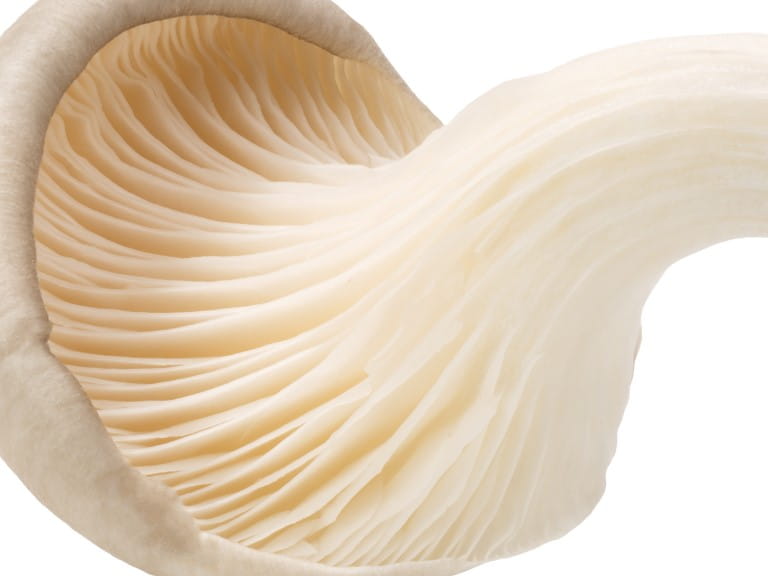
Perfect in pasta and stir-fries, these slightly sweet mushrooms are a nutritional powerhouse. They are a good source of ergothioneine, as well as beta-glucans.
"Ergothioneine might be one of the reasons mushrooms are linked with longevity," explains Haworth.
"Oyster mushrooms contain more of this antioxidant than other kinds. The only other sources are chicken liver and black beans."
Oyster mushrooms are a particularly good source of beta-glucans, too - they are twice as high in beta-glucans as button mushrooms. A study of rats who were fed whole oyster mushrooms found significant improvements in their cholesterol levels.
It may be small, but don’t underestimate the health benefits of the button mushroom. They are a good source of B vitamins and selenium, as well as ergothioneine and fibre. The humble button mushroom is one of those which can contribute more vitamin D to our diets - as long as you leave them on the windowsill for 15 minutes or so before cooking them (or eating them raw).
Some studies have also looked at specific health effects of button mushrooms. For example, in a small US trial, men with recurrent prostate cancer who consumed button mushroom powder had reduced levels of prostate-specific antigen (heightened levels may indicate tumours). But this was a very small study (just 36 men) and more research is needed.
Another research study also found an association between eating button mushrooms and a lowered risk of breast cancer, particularly in postmenopausal women. This is thought to be because they might inhibit production of oestrogen in the breast.
But it's best to view button mushrooms as a part of a healthy balanced diet rather than specifically for any cancer benefits.
The shiitake shares several amino acids with red meat, so it makes a good taste substitute.
Research at the University of Florida found that 52 adults who ate 5g and 10g of shiitake daily had improved immunity and lower inflammation markers after four weeks. Again, this is a very small study.
"Two or three servings of shiitake a week will give you an immune boost," says Rooney.
"A 2022 Chinese study found them to have antiviral and anti-inflammatory properties, which can improve your response to flu. Like all culinary mushrooms, shiitake should be cooked thoroughly to break down their thick cell walls to avoid stomach ache."
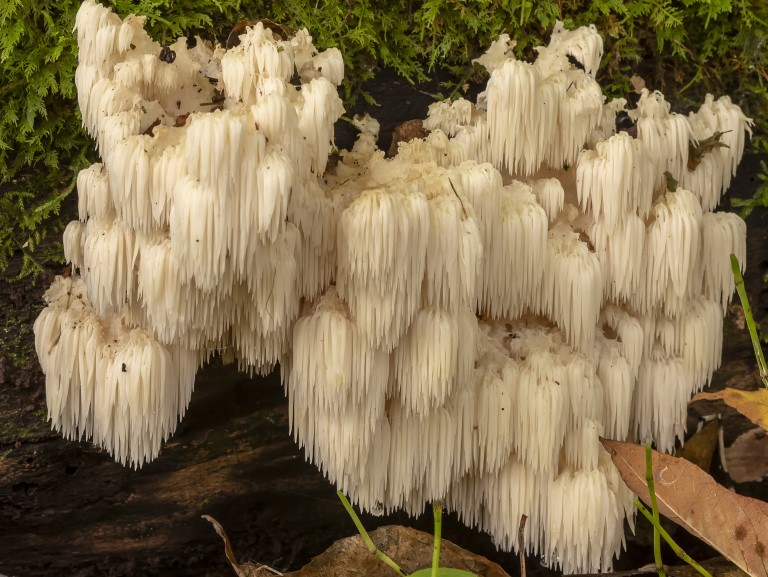
Lion's mane is one of the most popular mushroom supplements that you'll find in the health food shop. There's some evidence that lion's mane mushroom, or supplements made from it, could have positive effects on brain function. However, these studies are either not based on humans or only on very small numbers, which means that it's hard to be sure whether their findings are reliable. It's worth bearing in mind that supplements aren't rigorously tested for safety (or for their effectiveness for any specific condition) in the same way as medicines.
Rooney says: "Lion’s mane contains bio-active compounds called terpenes, which have the rare ability to cross the blood brain barrier, where they provide anti-inflammatory and neuro-protective benefits."
A small Taiwanese study of patients with mild Alzheimer’s showed improved cognitive abilities after 49 weeks of taking supplements.
In a 2023 Northumbria University study, 43 healthy volunteers who took lion’s mane supplements for 28 days scored significantly better in word recall tests and reported a reduction in stress.
There's also research that suggests that lion's mane mushrooms could help with managing diabetes - but this research is only in rats, not in humans.
Fresh mushrooms provide more fibre than supplements, but it's difficult to find fresh lion's mane mushrooms in the UK.
"If you're buying supplements, look for “dual extract” versions. This means extraction by water and alcohol has been used, with each method preserving different beneficial compounds," adds Rooney.
Reishi, a type of wood bark fungus, is hailed as ‘the mushroom of immortality’ in China and Japan, where it has been used for centuries.
It contains approximately 400 bioactive compounds, which may have anti-inflammatory, anti-tumour, anti-microbial and immune-enhancing properties. It's mainly available as supplements in the UK.
Scientists at Brigham Young University in Utah carried out a review of 26 human trials involving reishi. They reported that benefits were seen in patients with heart disease, high blood pressure, Type 2 diabetes, various forms of advanced cancer, and urinary tract infections. But the Brigham researchers also warned that many of the studies were small and not necessarily reliable.
Even Holland and Barrett, which sells reishi supplements, acknowledges that "the evidence is mixed", adding "Some research reports no positive effects at all, or little change in symptoms experienced."


Health insurance for people over 50 that provides a quicker route to diagnosis and planned medical treatment in a private facility.
Underwritten by Bupa Insurance Limited.

Every issue of Saga Magazine is packed with inspirational real-life stories, exclusive celebrity interviews, brain-teasing puzzles and travel inspiration. Subscribe for just £9.95 and receive 6 issues PLUS your free Darphin Eye Refresh Gel-Cream, worth £39.

Everything you need to know about protein, from what it does for your body to the best high protein foods – and how much you really need.


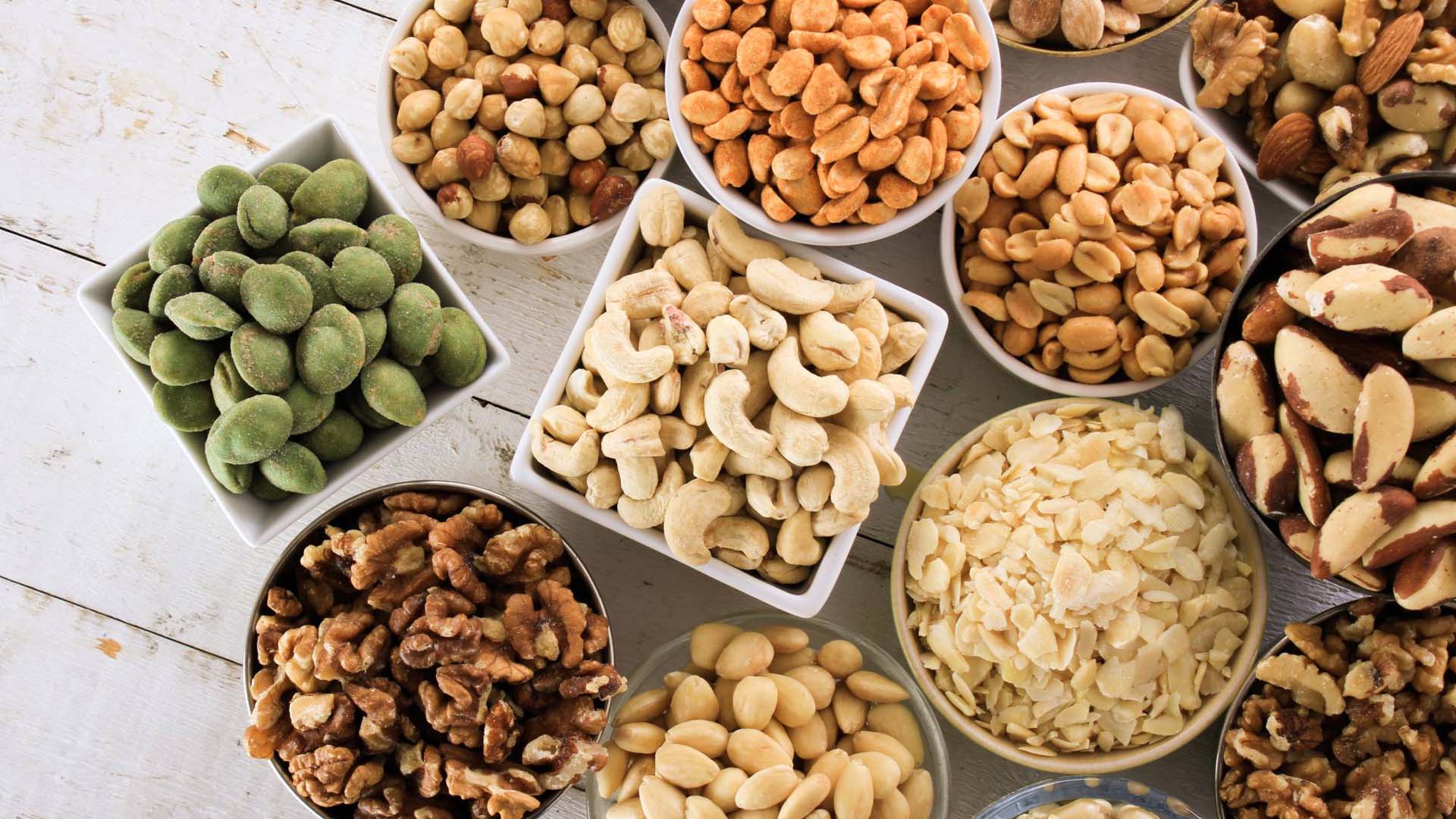
Let’s roast the myths! Not only are nuts less fattening than once feared, research shows they can cut the risk of heart disease too
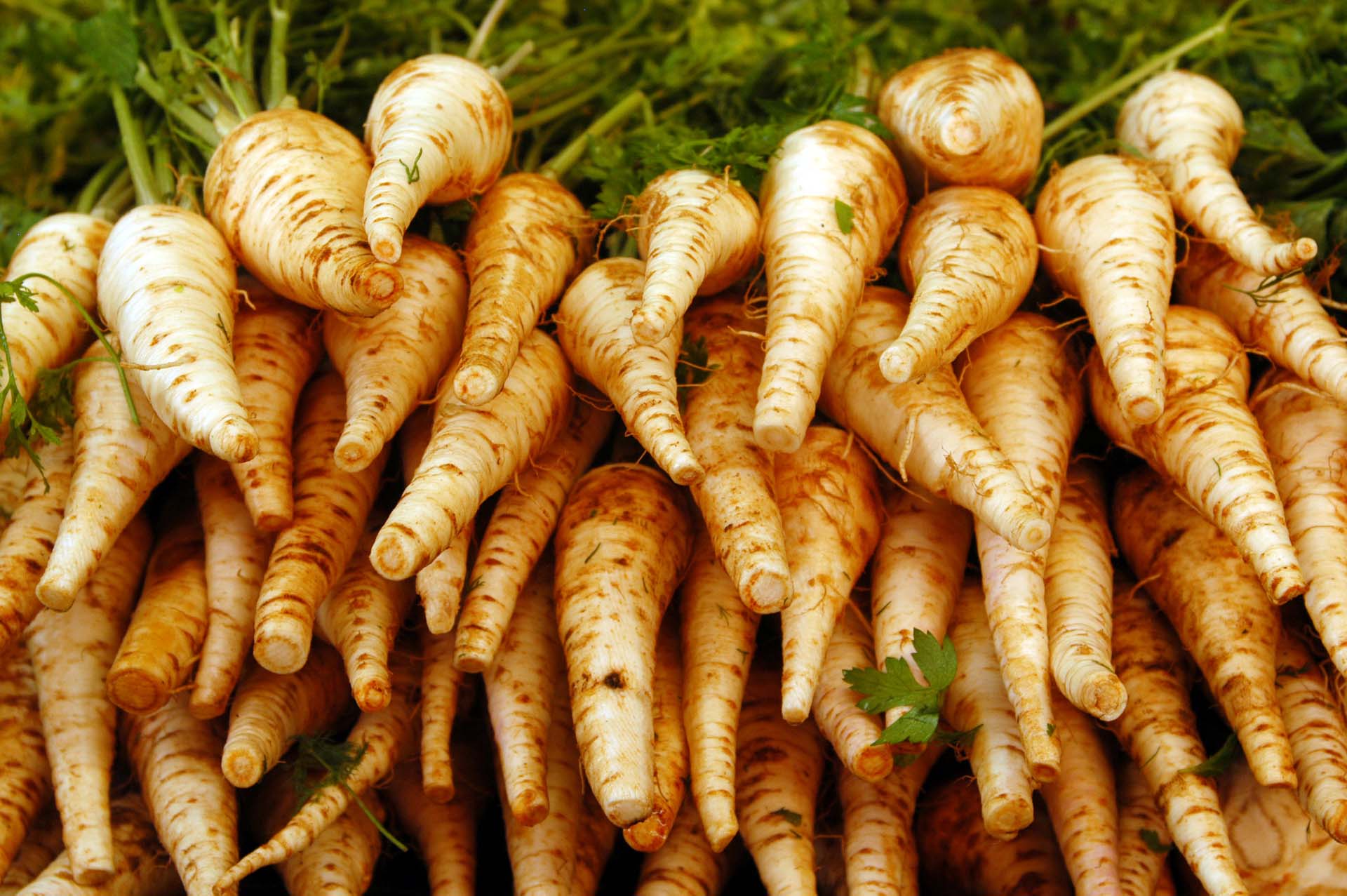
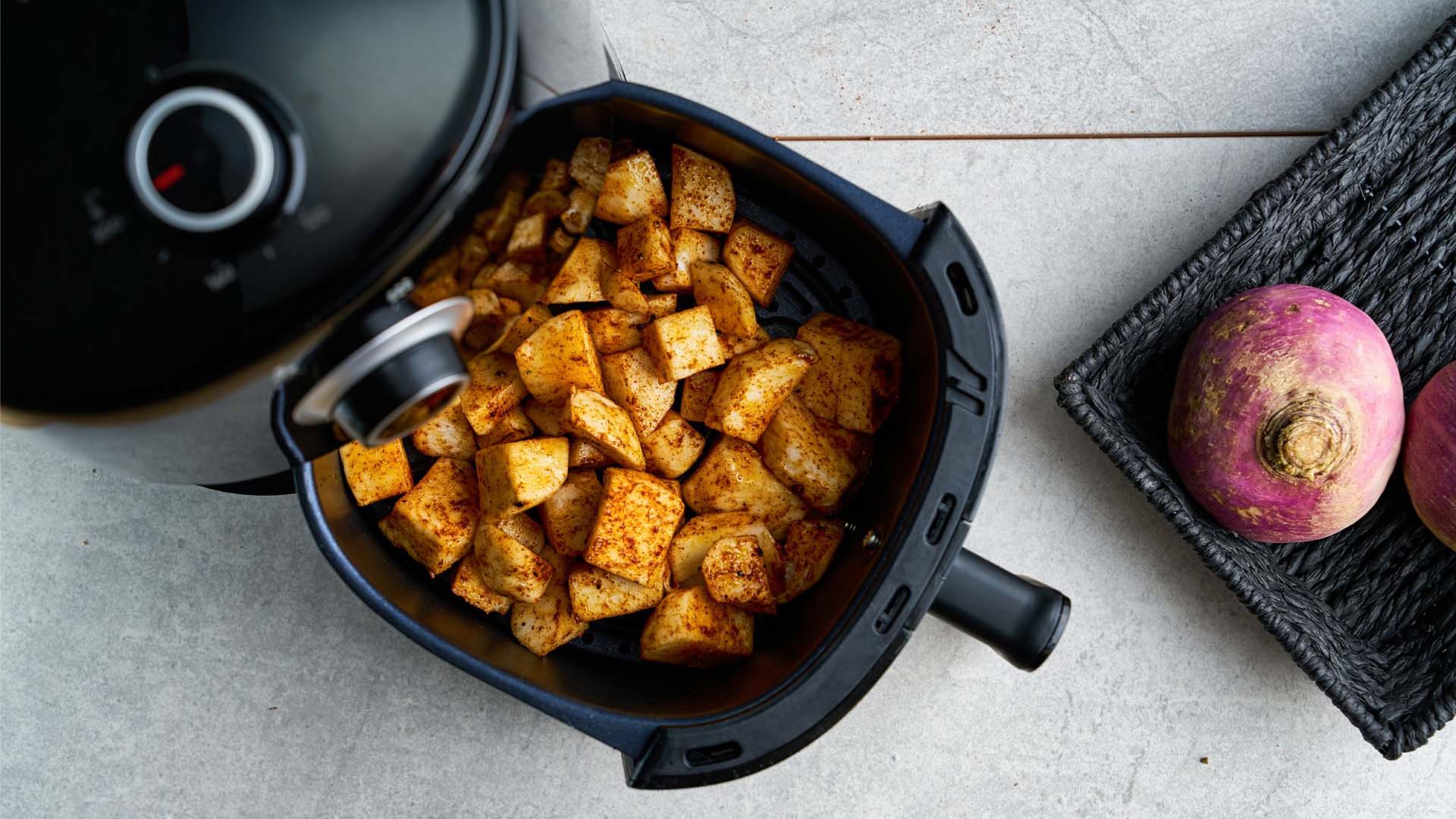

Strawberries don't just taste and look great, they are full of fibre, help your heart health and may even stave off dementia.

Looking after your gut health could be one of the biggest things that you can do for your overall health. Here are the best foods to keep your gut happy.
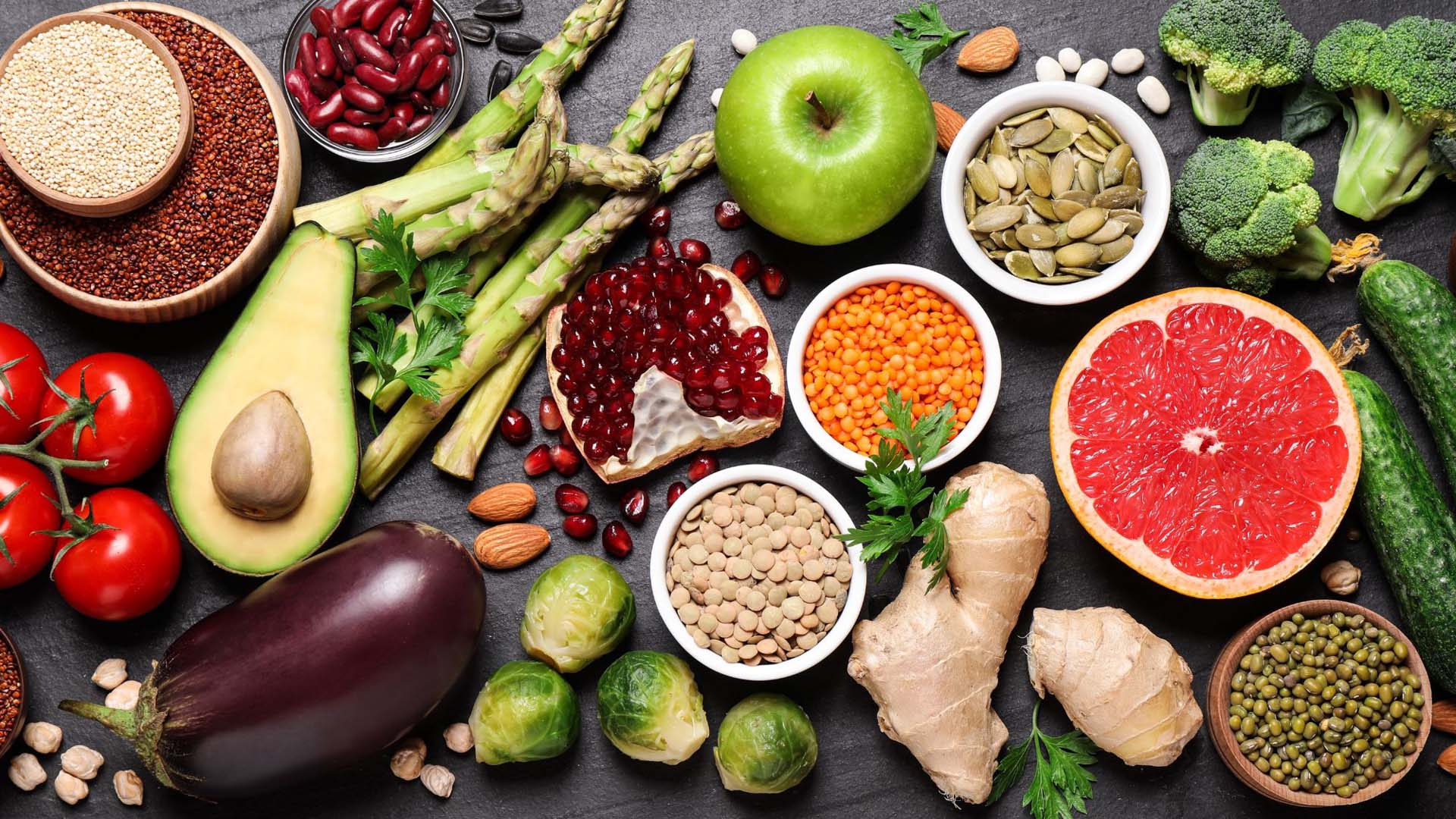
The foods that could help you live longer and protect against chronic illness.